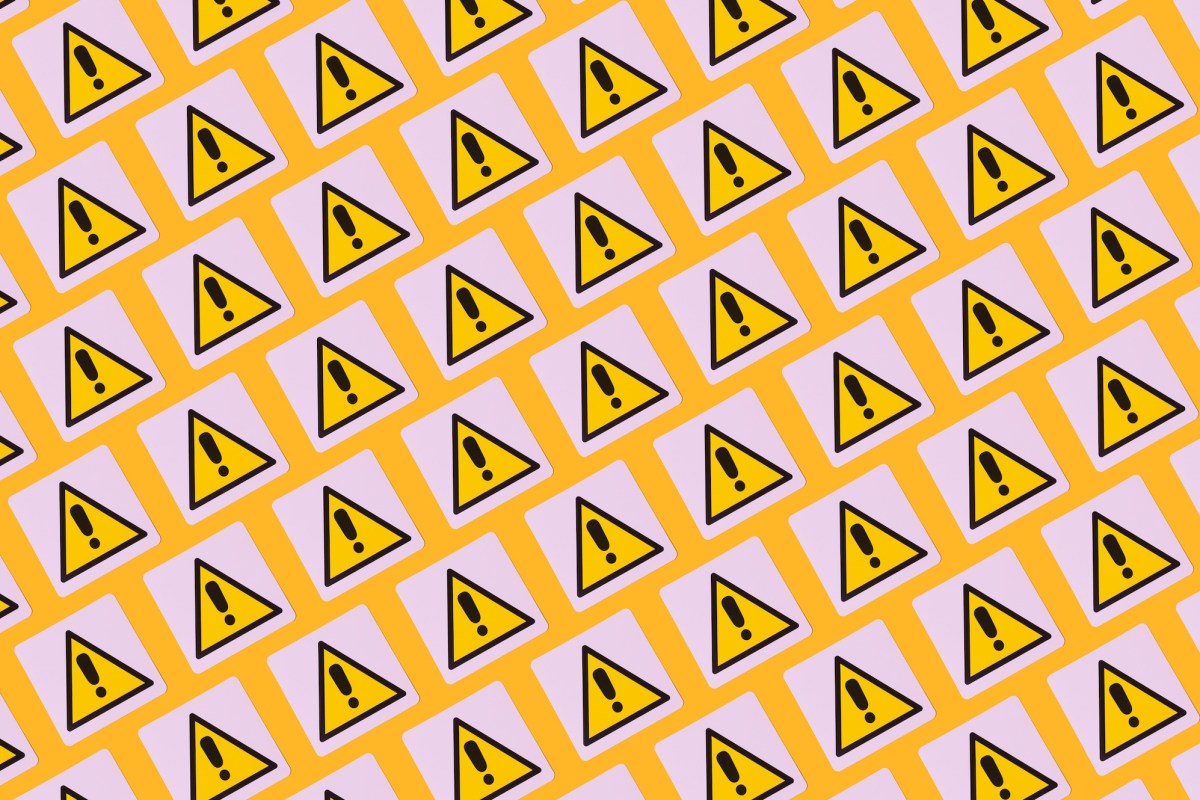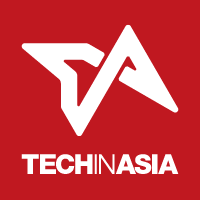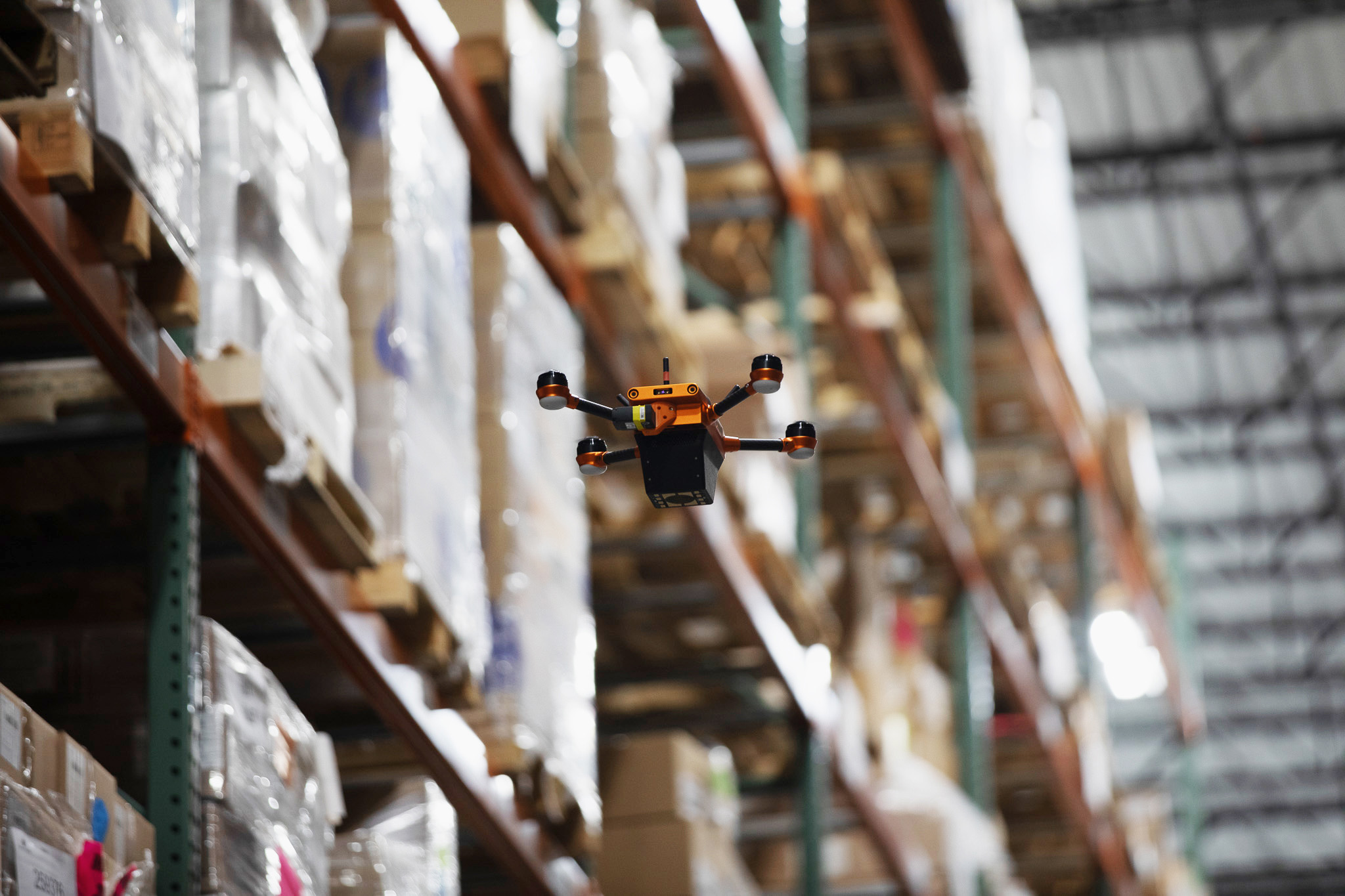Summary:
AI founders must prioritize safety over speed to avoid ethical issues.
Recent lawsuits highlight the stakes involved in AI technology.
The need for guardrails in AI product development is critical.
Copyright protections are essential for artists in the age of generative AI.
A balanced approach to regulation is necessary for the future of AI.
The Urgency of Caution in AI Development
The phrase "move cautiously and red-team things" may lack the catchiness of "move fast and break things," but it carries a crucial warning from AI safety advocates to startup founders. At TechCrunch Disrupt 2024, Sarah Myers West, co-executive director of the AI Now Institute, expressed her concerns about the rapid pace of AI product releases. She emphasized the need for founders to consider the long-term ethical implications of their technologies.
High Stakes in AI Rollout
Recent events have highlighted the urgent need for AI safety. A lawsuit against Character.AI by the family of a child who died by suicide underscores the profound stakes involved in AI technology. Myers West noted that this reflects longstanding problems in content moderation and online abuse. The conversation around AI safety has never been more pressing, with implications ranging from misinformation to copyright infringement.
Guardrails for Powerful Technologies
Jingna Zhang, founder of the artist-focused platform Cara, highlighted the emotional engagement of AI products like Character.AI and the necessity for guardrails in their development. She pointed out the conflict between artists posting their work online and the risk of their creations being used to train AI models that could threaten their livelihoods.
The Importance of Copyright
Zhang argues that copyright laws are essential for artists to protect their work. With the rise of generative AI, she insists that companies should license any use of artistic works to ensure fair compensation and protections are in place.
Community Engagement and Regulation
Aleksandra Pedraszewska, head of safety at ElevenLabs, stressed the importance of red-teaming models and understanding the unintended consequences of new AI launches. She advocates for a collaborative approach to regulation, acknowledging the need for balance between being anti-AI and pushing for zero regulation.
 Aleksandra Pedraszewska, Sarah Myers West, and Jingna Zhang at TechCrunch Disrupt 2024.
Aleksandra Pedraszewska, Sarah Myers West, and Jingna Zhang at TechCrunch Disrupt 2024.
Building a Safer AI Future
As the AI landscape continues to evolve, the call for a proactive relationship with user communities and a balanced regulatory approach becomes increasingly vital. The future of AI depends not only on innovation but also on responsible practices that prioritize safety and ethics.






Comments